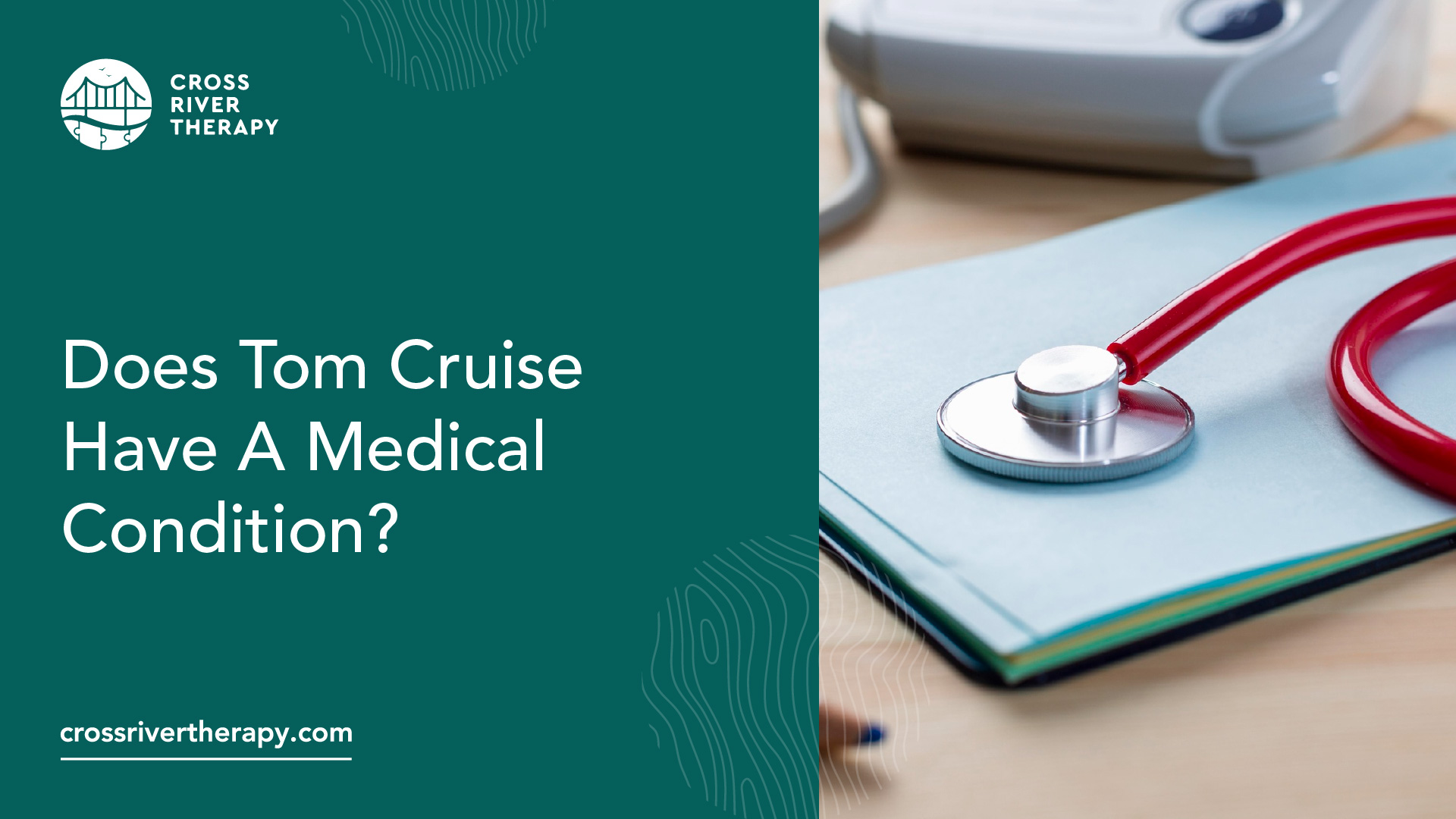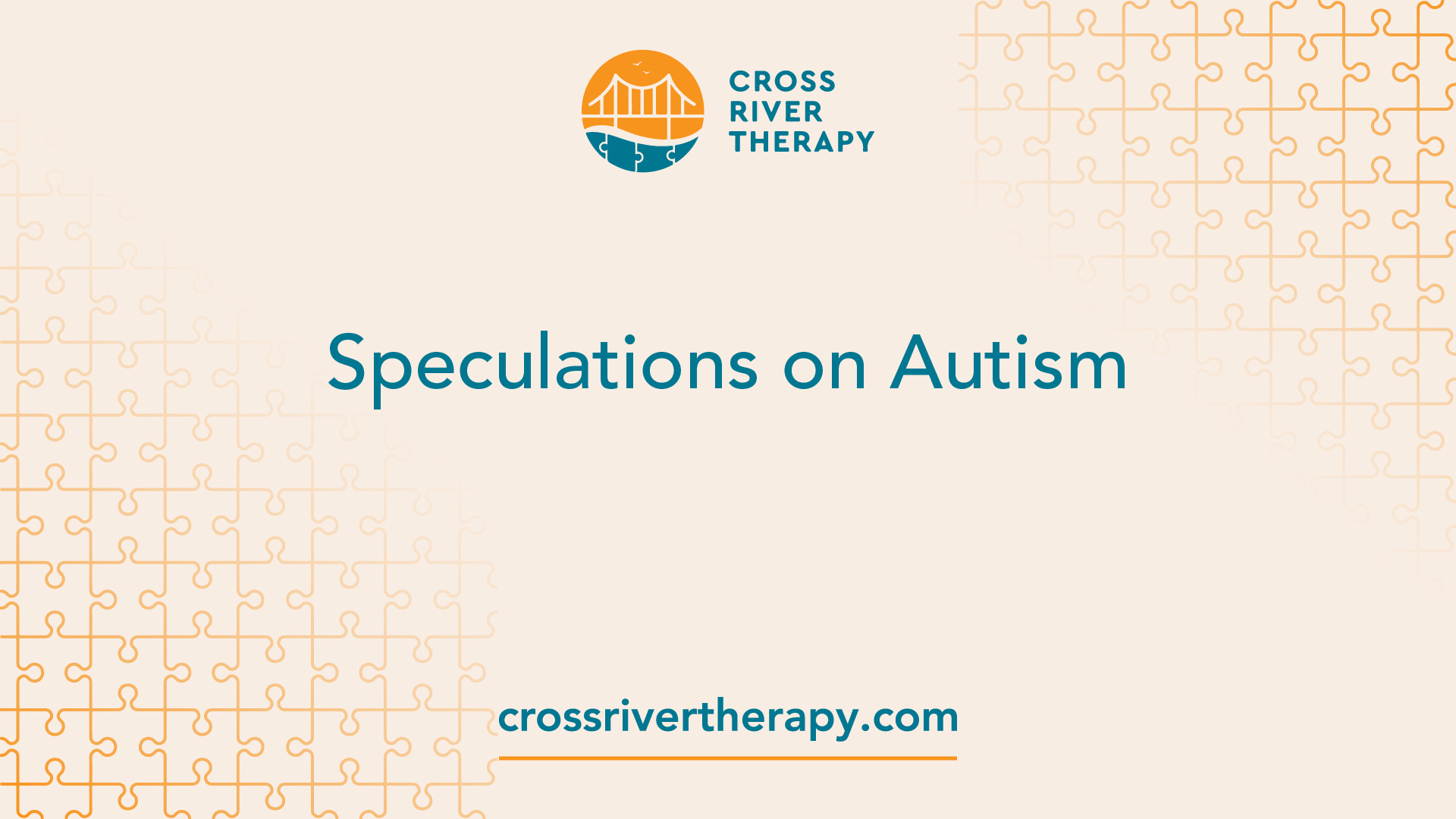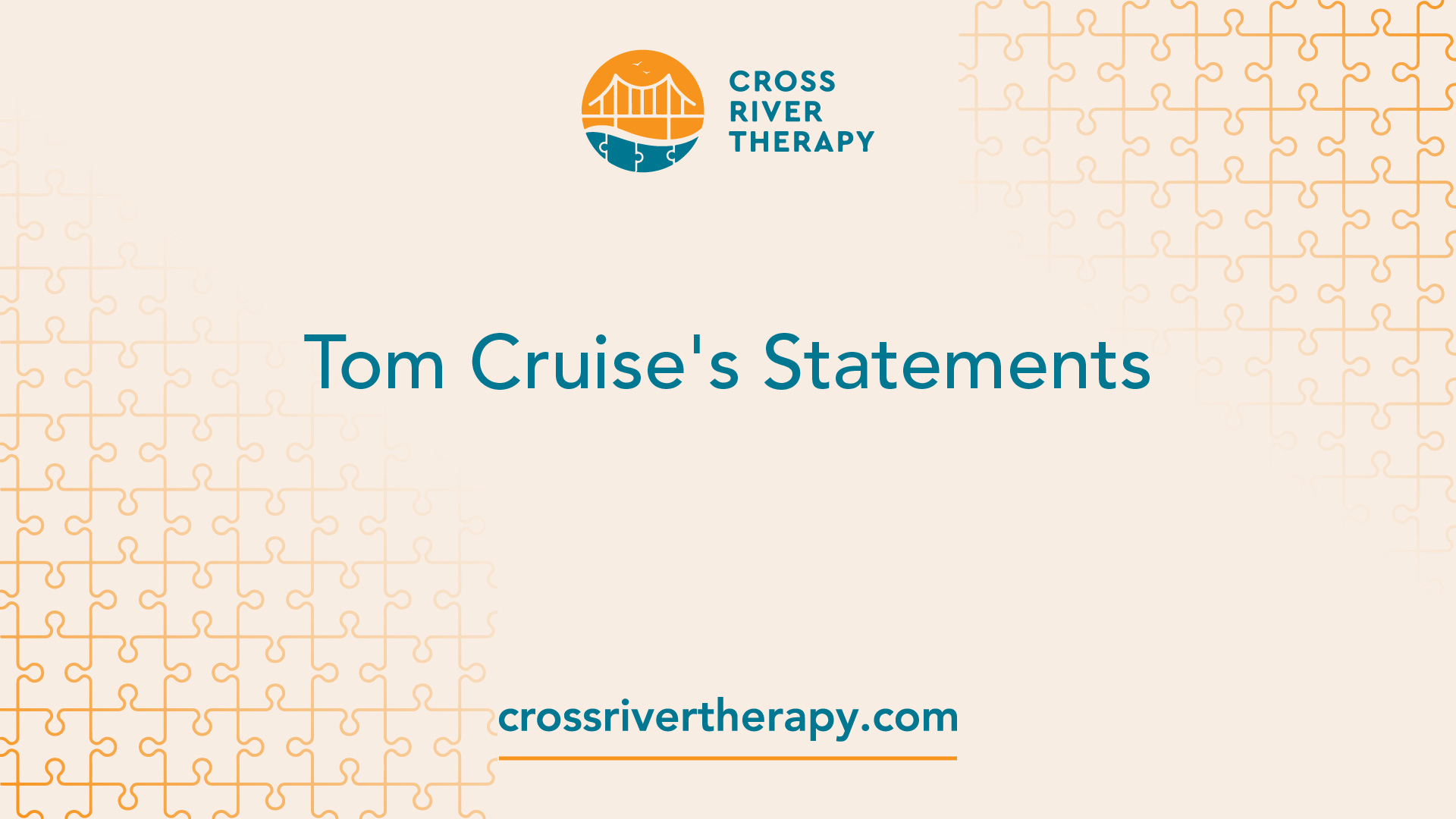Does Tom Cruise Have A Medical Condition?
Learn the truth behind the rumors and the impact on mental health discussions.
Tom Cruise and Mental Health
Tom Cruise, a well-known actor, has been a subject of interest when it comes to his views on mental health. His journey with dyslexia has been widely discussed, and he has also been involved in controversies regarding his stance on psychiatry.

Tom Cruise's Dyslexia Journey
At the age of seven, Tom Cruise was diagnosed with dyslexia, a learning disorder that affects reading ability. This condition made it challenging for him to read in high school and during his early roles in the entertainment industry. However, Cruise did not let his disability hinder his ambitions. He recognized that with hard work and determination, he could overcome the challenges posed by dyslexia.
Despite struggling with reading, Cruise pursued his passion for acting. In fact, he found that acting helped him cope with his dyslexic condition. Memorizing scenes and lines improved his concentration and motivation, enabling him to excel in his craft.
Controversy on Psychiatry Views
Tom Cruise has been involved in controversies regarding his views on psychiatry and the mental health profession. He has publicly expressed disdain for psychiatry, claiming that postpartum depression cannot be treated pharmacologically and that vitamins and exercise are sufficient for treatment. Cruise's statements have sparked debates and raised concerns within the mental health community.
One notable claim made by Cruise was his assertion that he helped a family wean their 7-year-old daughter off ADHD drugs, substituting them with vitamins and food. He claimed that this led to the child growing seven inches in about four months. Such claims have drawn criticism and raised questions about the appropriateness and safety of alternative treatments without proper scientific evidence [2].
Cruise's criticisms of the mental health field include equating psychiatrists to drug dealers and stating that there is no science behind psychiatry. He expressed his preference for helping drug addicts through the Scientology-based nine-step drug withdrawal program Narconon International. These controversial views have generated public backlash and sparked discussions about the appropriate treatment of mental health conditions.
While Tom Cruise's views on mental health have stirred controversy, it is important to approach the topic with an open mind and consider diverse perspectives. The impact of his statements and the ensuing conversations have had an influence on public perceptions and discussions surrounding mental health and alternative treatments.
Speculations on Autism
The topic of Tom Cruise's potential autism has been a subject of speculation and discussion. While rumors and observations about his behavior have led to conjecture, no official diagnosis has been made or confirmed. It is important to consider the facts and acknowledge the lack of concrete evidence regarding his autism status.

Rumors and Facts
Speculation regarding Tom Cruise's autism has arisen due to observations of his behavior and interactions in public. However, it is crucial to note that Tom Cruise himself has never officially admitted to having autism, and no one close to him has made similar claims. His representatives have consistently denied these allegations.
It's important to approach discussions about someone's potential autism with sensitivity and respect for privacy. Without access to Tom Cruise's personal medical records or a comprehensive evaluation by experts, it is not feasible to make a definitive determination regarding his autism status.
Lack of Official Diagnosis
While the controversy surrounding Tom Cruise's alleged autism has garnered attention, it's important to highlight that no official diagnosis has been made publicly. Speculation and assumptions about someone's mental health based solely on observations can be misleading and potentially harmful.
Understanding someone's neurodiversity requires a comprehensive evaluation by qualified professionals who have access to all relevant information. Without such an evaluation, it is not appropriate to label or diagnose someone with autism.
It is essential to respect individuals' privacy and refrain from making assumptions or spreading unverified information about their neurodevelopmental conditions. Instead, focus on raising awareness and promoting understanding of autism through reliable sources and accurate information.
The speculations surrounding Tom Cruise's potential autism should serve as a reminder of the importance of accurate diagnosis and respectful discussions about mental health conditions.
Tom Cruise's Statements
Tom Cruise, a prominent actor, has made controversial statements regarding medication and alternative treatments for mental health conditions. These statements have sparked debates and discussions within the mental health community.

Criticism of Medication
Cruise has been vocal in his criticism of psychiatric medication, expressing disdain for the use of pharmacological treatment for mental health conditions. He has equated psychiatrists to drug dealers and criticized the mental health field, advocating against the use of medication as a solution for mental illnesses. Cruise's views on medication have garnered attention and generated mixed reactions.
In particular, Cruise has been known for his criticism of using antidepressants to treat postpartum depression. He dismissed psychiatry as a pseudo-science and opposed the use of drugs, taking a stance against mind-altering antipsychotic medications. Cruise's public disagreement with actress Brooke Shields, who used antidepressants for her postpartum depression, intensified the controversy surrounding his views on medication.
Support for Alternative Treatments
In contrast to promoting medication, Cruise has expressed support for alternative treatments for mental health conditions. He has endorsed vitamins and exercise as alternatives to conventional pharmacotherapy. Cruise's belief in alternative approaches aligns with his Scientology beliefs, which reject the use of mind-altering drugs for mental illnesses.
While alternative treatments can be beneficial for some individuals, it's important to note that they may not be suitable or effective for everyone. Mental health conditions vary in their severity and complexity, and treatment approaches should be tailored to the individual's needs and under the guidance of qualified professionals.
Tom Cruise's statements regarding medication and alternative treatments have sparked public debates and discussions within the mental health community. It's vital to approach these topics with an open mind, considering a wide range of perspectives and seeking evidence-based information when making decisions about mental health treatments.
Impact and Repercussions
Tom Cruise's public statements regarding mental health and medication have generated significant impact and sparked discussions within society. Let's delve into the public backlash and the subsequent changes in conversation that emerged as a result.
Public Backlash
Following Tom Cruise's criticism of medication for mental health conditions, there was a notable public backlash. Many individuals, including mental health advocates and medical professionals, expressed their disagreement with his views. Cruise's comments were seen as dismissive of the importance of medication in treating mental health conditions.
The backlash against Cruise's statements highlighted the concern that his influential status as a celebrity might discourage individuals from seeking proper medical treatment for mental health issues. Critics argued that his views could perpetuate stigma and misunderstandings surrounding mental health.
Changes in Conversation
Despite the initial controversy, Tom Cruise's comments inadvertently led to significant changes in the conversation surrounding mental health and the treatment of conditions like postpartum depression. Brooke Shields, an actress who faced criticism from Cruise for using antidepressants, responded by speaking out and advocating for better treatment options for mental health issues.
Shields mentioned that Cruise's remarks gave women a reason to fight for improved treatment options, ultimately leading to increased awareness and discussions on the topic [5]. Over time, conversations around postpartum depression treatments have significantly evolved, with more individuals, including celebrities, openly discussing their struggles. Shields herself testified in Congress for postpartum pre-screening for new mothers, contributing to the advocacy efforts in this area.
Tom Cruise's remarks sparked a broader dialogue about the importance of mental health awareness and the need for comprehensive and individualized treatment approaches. The public backlash and subsequent changes in conversation have played a role in promoting understanding, reducing stigma, and encouraging individuals to seek appropriate support for their mental well-being.
It is important to recognize that while public figures have the ability to influence conversations, it is essential to consult medical professionals and rely on evidence-based research when considering mental health treatments.
Handling of Controversies
When it comes to controversies surrounding Tom Cruise and his views on mental health, there have been efforts made to address and reconcile the issues. Let's take a closer look at the handling of these controversies and the long-term effects they have had.
Apologies and Reconciliation
One notable controversy involved Tom Cruise's criticism of medication for mental health conditions. In 2005, he made controversial statements regarding actress Brooke Shields' use of antidepressants to treat her postpartum depression. However, Cruise later extended a heartfelt apology to Shields, acknowledging the impact of his comments. He visited her at her home to deliver the apology and even sent her an annual Christmas cake for several years afterward.
This gesture of reconciliation demonstrated a willingness to acknowledge and rectify the harm caused by his statements. It also shed light on the importance of understanding the complexities of mental health and the need for empathy and support.
Long-Term Effects
Controversies surrounding Tom Cruise's views on mental health have had lasting effects on public discourse. His criticism of medication and support for alternative treatments sparked conversations and debates about the appropriate approaches to mental health care.
In the case of postpartum depression, the controversy surrounding Cruise's comments actually backfired, leading to significant changes in discussions and perceptions. Nearly 20 years later, conversations around postpartum depression treatments have evolved, with more celebrities being open about their struggles and advocacy efforts focusing on postpartum pre-screening for new mothers. This shift in dialogue has helped raise awareness and reduce the stigma surrounding mental health issues, benefiting countless individuals and families.
While controversies can have negative consequences, they can also serve as catalysts for change and growth. The discussions and debates surrounding Tom Cruise's statements have contributed to a greater understanding of mental health and the importance of evidence-based treatments. This ongoing dialogue continues to shape the way society perceives and supports individuals with mental health conditions.
In conclusion, controversies surrounding Tom Cruise and his views on mental health have been addressed through apologies and reconciliation. The long-term effects of these controversies have sparked important conversations and led to positive changes in the understanding and treatment of mental health issues. It serves as a reminder of the significance of empathy, education, and support in the realm of mental health advocacy.
Advocacy and Awareness
Tom Cruise's controversial remarks on mental health and medication have inadvertently sparked conversations and increased awareness on important issues within the field. Let's delve into the impact of Tom Cruise's statements, specifically in the areas of mental health advocacy and discussions surrounding postpartum depression.
Mental Health Advocacy
While Tom Cruise's statements garnered criticism, they inadvertently brought attention to the topic of mental health, leading to increased advocacy and awareness. Brooke Shields, who faced criticism from Cruise for using antidepressants to treat postpartum depression, mentioned that his remarks actually gave women a reason to fight for better treatment options for mental health issues. This incident prompted more open discussions and advocacy efforts, leading to positive changes in the perception and understanding of mental health.
As a result of the increased awareness sparked by the controversy, more celebrities have come forward to share their own struggles with mental health, reducing stigma and encouraging individuals to seek help and support. The advocacy efforts of individuals like Brooke Shields, who testified in Congress for postpartum pre-screening for new mothers, have played a significant role in pushing for better mental health resources and support systems [5].
Impact on Postpartum Depression Discussions
One specific area where Tom Cruise's statements had a notable impact is the discussion surrounding postpartum depression. Following the controversy, conversations around postpartum depression treatments have significantly changed. More women have felt empowered to speak up about their struggles, sharing their experiences and seeking support.
The incident involving Tom Cruise and Brooke Shields shed light on the importance of addressing postpartum depression and ensuring that new mothers have access to appropriate and effective treatments. It led to advocacy efforts promoting pre-screening for postpartum depression and highlighting the need for improved mental health support during the postpartum period.
Thanks to the increased awareness and advocacy efforts sparked by this controversy, the conversation around postpartum depression has evolved, with more emphasis placed on early detection, support networks, and holistic approaches to mental health care.
Tom Cruise's statements, while controversial at the time, have inadvertently contributed to positive changes in the understanding and treatment of mental health issues. The resulting advocacy and increased awareness have led to a more supportive and informed society, fostering a better environment for those facing mental health challenges.
References
[1]: https://www.linkedin.com/pulse/inspirational-story-tom-cruise-nidhin-baby
[2]: https://www.ncbi.nlm.nih.gov/pmc/articles/PMC1180571/
[3]: https://www.brighterstridesaba.com/blog/is-tom-cruise-autistic
[4]: https://www.adinaaba.com/post/is-tom-cruise-autistic
[5]: https://www.businessinsider.com/brooke-shields-tom-cruise-antidepressant-postpartum-criticism-backfired-2024-4



